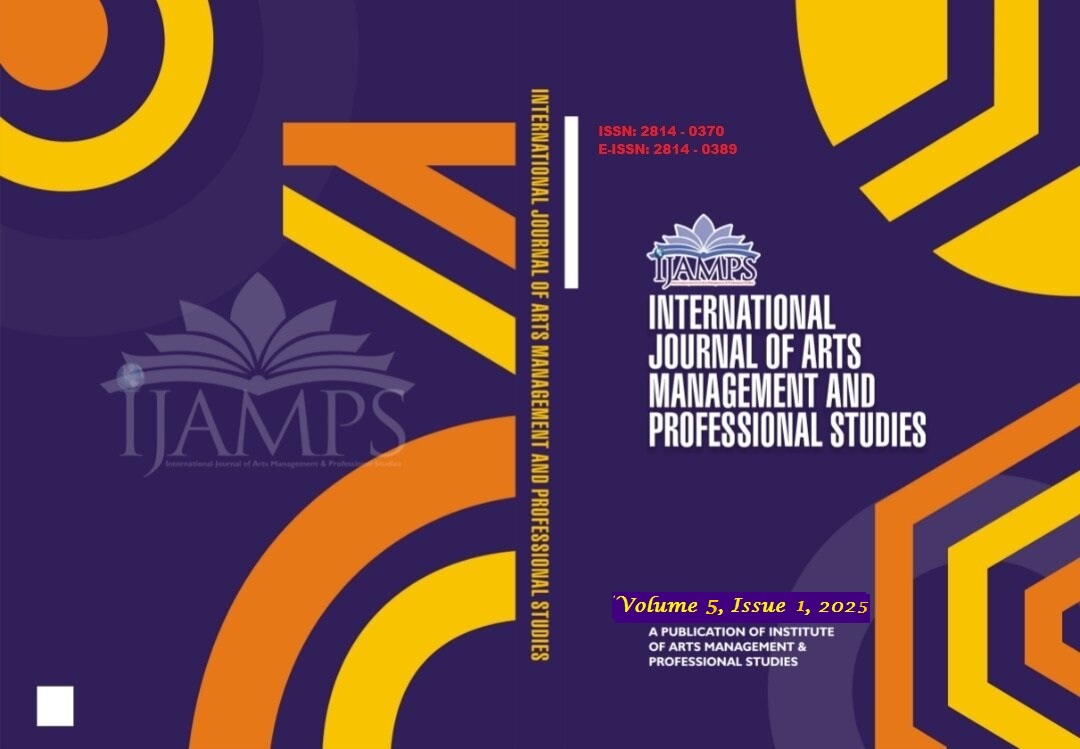
IMPACT OF DIGITAL TRANSFORMATIONAL TOOLS ON SCHOLASTIC ARTICLES IN THE TWENTY FIRST CENTURY: A PERSPECTIVE OF SELECTED INSTITUTIONS IN KADUNA AND ZARIA METROPOLIS.
MichealEdeh.Ogbu, Doctoral Student Department Of Computer Science Ladoke Akintola University Of Technology, Ogbomoso-Nigeria Michael.ogbu@gmail.com, +234-070-67891380 Ikwuobe, Yusuf, Ph.D. Department Of Educational Foundations And Curriculum Ahmadu Bell
Volume 5, Issue 1, March 2025
This study investigates the impact of digital transformational tools on the quality of scholarly articles produced in selected academic institutions in Kaduna and Zaria Metropolis. The primary objectives are to evaluate the extent of adoption and utilization of these tools and to assess their effects on the quality, efficiency, and originality of academic writing. The research is guided by two key questions: the level of adoption of digital tools and their influence on scholarly output. A mixed-method research design was employed, involving a population of 300 participants, including lecturers, researchers, and postgraduate students, selected through purposive sampling. Data were collected using structured surveys and semi-structured interviews, with statistical analysis conducted using descriptive statistics, ANOVA, and Pearson correlation. Findings revealed that 75% of respondents regularly used digital tools, with Grammarly being the most popular (62%). Significant improvements in grammar (mean score 4.3), citation accuracy (4.2), and originality (4.1) were reported, particularly at Ahmadu Bello University. The study concludes that the adoption of digital tools significantly enhances academic writing quality and is positively correlated with peer perceptions of quality. Recommendations include institutional investments in digital tools, subsidized access, and enhanced training programs to improve digital literacy among faculty and students. This research contributes valuable insights into the integration of technology in academic writing, emphasizing the need for supportive measures to foster a culture of digital literacy in Nigerian higher education.